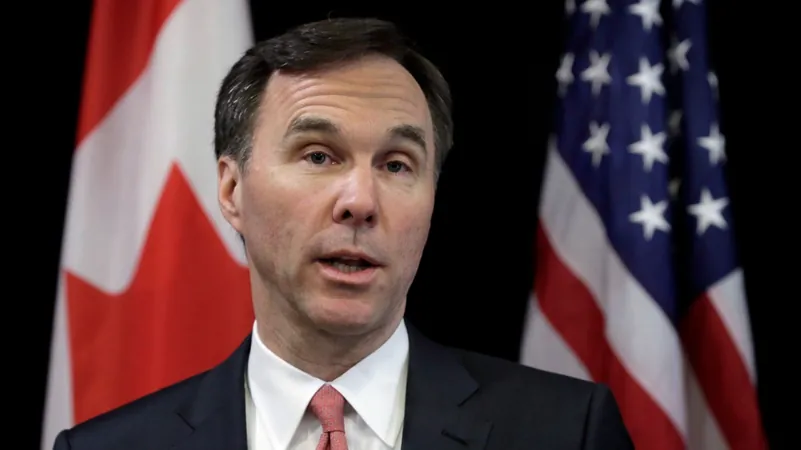
Former Finance Minister Bill Morneau Urges Reevaluation of Emissions Cap Following Trump's Re-Election: Is a Change Needed?
2024-11-11
Author: Michael
Former Finance Minister Bill Morneau Urges Reevaluation of Emissions Cap Following Trump's Re-Election: Is a Change Needed?
In a thought-provoking interview on CTV’s *Question Period*, former Canadian finance minister Bill Morneau raised important questions regarding the timing of the Canadian government's emissions cap policy in light of Donald Trump's recent re-election. Morneau suggested that Canada’s approach to policies affecting the oil and gas sector might need to shift to better align with the priorities of the United States under Trump's renewed leadership.
Morneau expressed his skepticism about whether implementing caps on emissions is appropriate at this juncture. "I would question whether putting caps on emissions right now is the right time," he stated. He emphasized the need for caution in considering the emissions cap, particularly given the evolving geopolitical landscape that has drastically changed since Trump's first term.
With a focus on the broader North American relationship, Morneau underscored the urgency of energy security along with other sectors such as defense and technology. He mentioned, "Energy security is going to be critical," indicating that Canada must position itself as an essential partner in the U.S. energy sector if it hopes to maintain a favorable relationship with its southern neighbor.
The former finance minister was clear: "We need to think about how we get to our defense spending targets more rapidly," and he stressed the importance of evaluating whether Canada’s emissions cap policy is conducive to strengthening economic ties with the U.S. He pointed to the necessity of exploring alternative ways to meet climate goals without compromising Canada's economic competitiveness.
As Trump's administration prepares to implement substantial policy changes, Morneau highlighted the implications for Canada. Trump's advocacy for increased fossil fuel production raises concerns for Canadian environmental initiatives. His campaign pledges, including imposing tariffs on imports and revising trade agreements, have prompted fears about potential economic fallout for Canada.
Morneau warned that the Canadian government will face "hard policy choices" as it seeks to forge a path forward that respects domestic climate objectives while also benefiting from a pragmatic relationship with the U.S. "It's not only about having great relationships," he said, "it's also about the substance of what we're actually going to do to be a good partner."
The Canadian government had previously set its emissions cap for the oil and gas sector, aiming for a reduction of 35-38% below 2019 levels by 2030, with a planned cap-and-trade system starting in 2026. However, with the incoming Trump administration focused on boosting fossil fuel production, Canada may need to reconsider its regulatory framework.
Morneau’s insights echo those of former Conservative leader Rona Ambrose, who concurred that a significant recalibration of Canadian policies is necessary in response to Trump's re-election. Ambrose warned of impending challenges, including a potential tariff war, and advocated for a fresh reevaluation of current economic strategies to enhance Canada’s competitiveness.
As pressures mount, the stakes couldn’t be higher for the Canadian government. With calls for a rewrite of crucial economic statements and policies, the question remains: Will Canada pivot swiftly enough to maintain its footing in an increasingly competitive North American landscape? The interplay between environmental policy and economic strategy may determine not just Canada’s approach to climate goals, but also its long-term relationship with the United States.
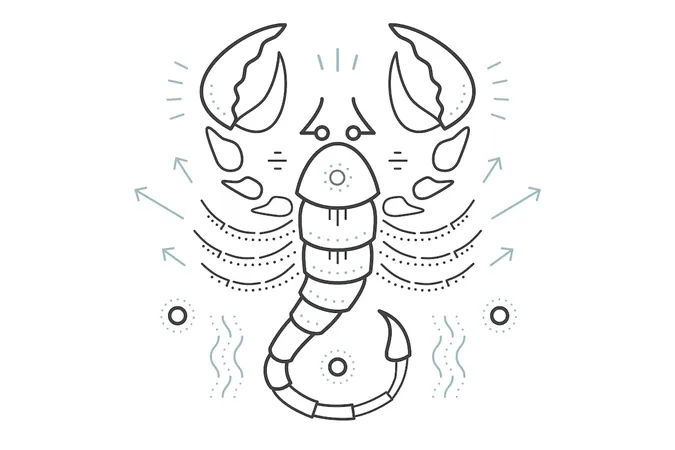
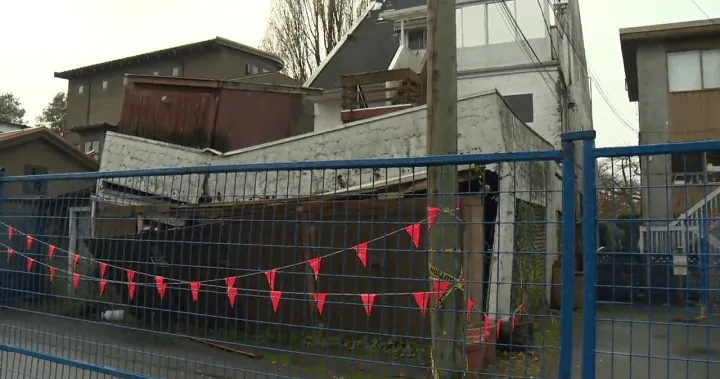


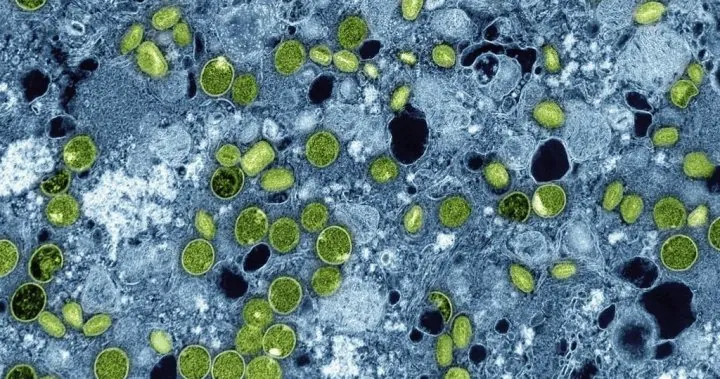



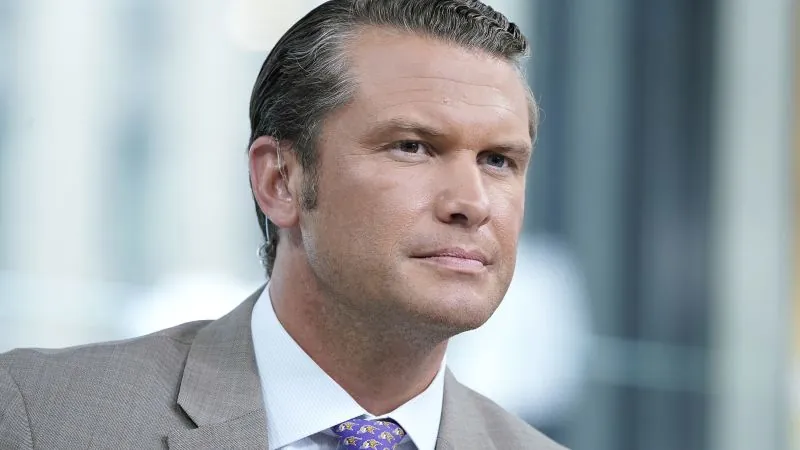
 Brasil (PT)
Brasil (PT)
 Canada (EN)
Canada (EN)
 Chile (ES)
Chile (ES)
 España (ES)
España (ES)
 France (FR)
France (FR)
 Hong Kong (EN)
Hong Kong (EN)
 Italia (IT)
Italia (IT)
 日本 (JA)
日本 (JA)
 Magyarország (HU)
Magyarország (HU)
 Norge (NO)
Norge (NO)
 Polska (PL)
Polska (PL)
 Schweiz (DE)
Schweiz (DE)
 Singapore (EN)
Singapore (EN)
 Sverige (SV)
Sverige (SV)
 Suomi (FI)
Suomi (FI)
 Türkiye (TR)
Türkiye (TR)